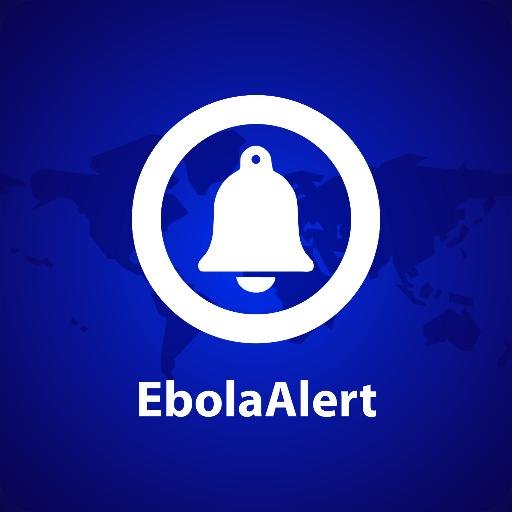Warning: Illegal string offset 'source_type' in /home/mychutej/public_html/blog/wp-content/plugins/egany-facebook-to-wp/egany_facebook_to_wordpress.php on line 1099
At the ongoing 53rd edition of the Munich Security Conference in Germany, Bill Gates and other world leaders were on a panel discussion about health security. Bill Gates shared an insight on bio-terrorism and how the world needs to prepare for it.
Here is an excerpt from his Op-ed on Business Insider
War zones and other fragile state settings are the most difficult places to eliminate epidemics. They’re also some of the most likely places for them to begin—as we’ve seen with Ebola in Sierra-Leone and Liberia, and with Cholera in the Congo Basin and the Horn of Africa.
Related Article: Today, A Disease-Free World is Possible
It’s also true that the next epidemic could originate on the computer screen of a terrorist intent on using genetic engineering to create a synthetic version of the smallpox virus . . . or a super contagious and deadly strain of the flu.
The point is, we ignore the link between health security and international security at our peril. Whether it occurs by a quirk of nature or at the hand of a terrorist, epidemiologists say a fast-moving airborne pathogen could kill more than 30 million people in less than a year. And they say there is a reasonable probability the world will experience such an outbreak in the next 10-15 years.
It’s hard to get your mind around a catastrophe of that scale, but it happened not that long ago. In 1918, a particularly virulent and deadly strain of flu killed between 50 million and 100 million people. You might be wondering how likely these doomsday scenarios really are. The fact that a deadly global pandemic has not occurred in recent history shouldn’t be mistaken for evidence that a deadly pandemic will not occur in the future.
Related Article: GHSA: Marching Towards a Disease-Free World
And even if the next pandemic isn’t on the scale of the 1918 flu, we would be wise to consider the social and economic turmoil that might ensue if something like Ebola made its way into a lot of major urban centers.
The good news is that with advances in biotechnology, new vaccines and drugs can help prevent epidemics from spreading out of control. And, most of the things we need to do to protect against a naturally occurring pandemic are the same things we must prepare for an intentional biological attack.
When the next pandemic strikes, it could be another catastrophe in the annals of the human race. Or it could be something else altogether. An extraordinary triumph of human will. A moment when we prove yet again that, together, we are capable of taking on the world’s biggest challenges to create a safer, healthier, more stable world.
Read the full article on Business Insider













Leave a Reply